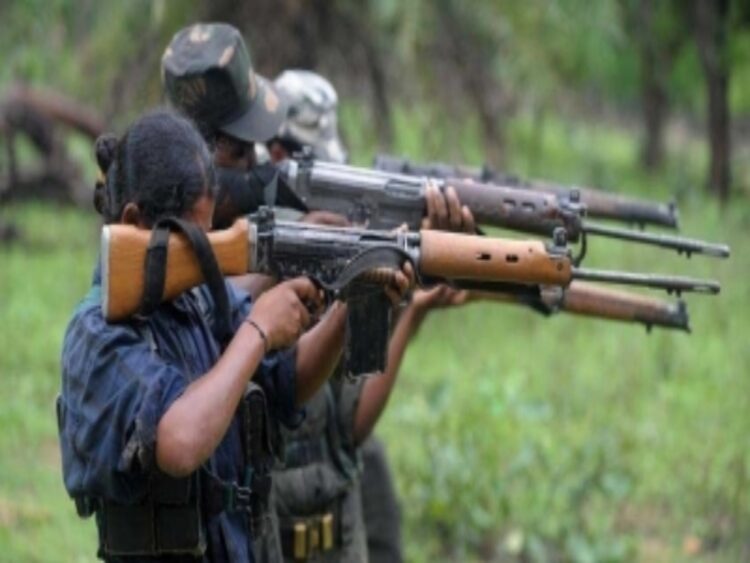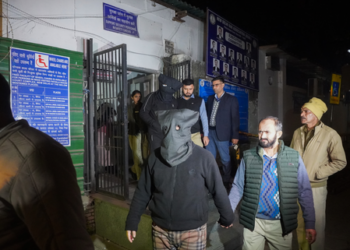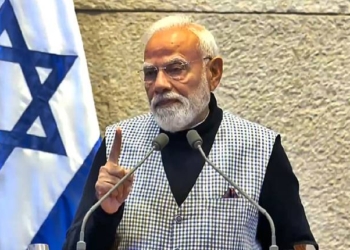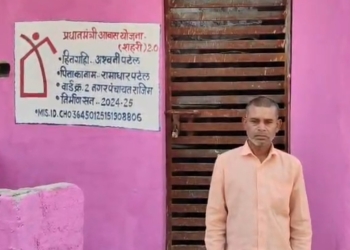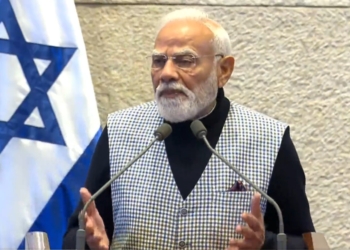Raipur: Following the demise of an assistant superintendent of police rank official in Chhattisgarh recently in a gun-battle with Maoists, the security forces will not observe monsoon recess during on-going anti-LWE operation.
Chhattisgarh’s Bastar division has Sunday resolved to continue their anti-Naxal operations throughout the monsoon season.
The decision was formalised during a high-level strategy review meeting held on Sunday, police sources said.
The meeting brought together senior officers from the District Reserve Guard (DRG), Special Task Force (STF), and other units engaged in counterinsurgency efforts.
Discussions focused on adapting operational logistics to the challenges posed by the monsoon, including difficult terrain, disrupted mobility, and communication hurdles. Deputy Chief Minister and Home Department in-charge Vijay Sharma made the government’s stance unequivocally clear.
“There will be no further dialogue with the Maoists,” he stated. “You either surrender or face decisive action.”
This firm declaration signals a significant shift in policy and tone, underscoring the administration’s resolve. Historically, anti-LWE operations saw reduced activity during the monsoon months due to logistical challenges.
In a tragic incident in Sukma district’s Kunda region, Assistant Superintendent of Police (ASP) Akash Rao Giripunje was martyred in a Maoist-planted IED (improvised explosive device) blast.
The explosion also left the SDOP and the officer in charge of the local police station seriously injured.
In the aftermath, security agencies have heightened their vigilance, and the government has issued directives for intensified action against the Maoists.
Despite seasonal constraints, the campaign against the banned Communist Party of India (Maoist) organisation remains active across all districts of the Bastar division.
Sources said the officials emphasised that the rainy season will not deter the security apparatus from maintaining pressure on Maoist strongholds.
“Operations will be recalibrated, not paused,” a senior police officer said, highlighting the use of intelligence-led tactics and community engagement to sustain momentum.
The Bastar division, which includes several districts with a history of Maoist activity, has seen intensified operations under the state’s broader counterinsurgency framework. Initiatives like “Lone Varratu” and “Poona Narkom” have already led to significant surrenders and a weakening of Maoist influence in the neighbouring regions.
The meeting concluded with a reaffirmation of the state’s commitment to a three-pronged strategy of “security, development, and trust-building”.
Officials reiterated that the goal is not only to neutralise armed insurgents but also to restore governance and public confidence in remote tribal areas.
With the monsoon approaching, the Bastar division’s security forces appear poised to adapt and persist — rain or shine — in their mission to dismantle the Maoist network and restore lasting peace.
As part of this renewed offensive, the state government has transferred nearly a dozen Assistant Superintendents of Police to the LWE-affected regions, reinforcing the operational backbone in conflict-prone districts.
Each officer has been entrusted with a clear mandate; to eliminate the Maoists’ threat from their respective areas.
(IANS)




